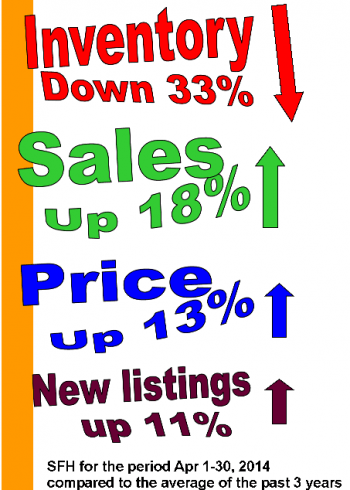Maybe there was no bubble. To the surprise of many who follow real estate, Vancouver’s bubble didn’t burst, and in fact prices are still climbing. This article explains that just because prices look out of whack doesn’t mean there’s a bubble. It also raises the question, should foreign buyers be charged a premium for the luxury of owning real estate in Canada? It begs the question, is foreign money playing a role in Calgary’s real estate?
It goes on to describe the positive and negative effects of foreign money on the locals.
“A recent report by Sotheby’s International Realty Canada examined more than twelve hundred luxury-home sales in Vancouver in the first half of 2013 and found that foreign buyers accounted for nearly half of sales.”
“Vancouver isn’t an obvious superstar. It’s not home to a major industry—as New York and London are to finance, or San Francisco to tech—and it doesn’t have the cultural cachet of Paris or Milan. Instead, Vancouver’s appeal consists of comfort and security, making it what Andy Yan calls a “hedge city.” “What hedge cities offer is social and political stability, and, in the case of Vancouver, it also offers long-term protection against climate change,” he said. “There are now rich people around the world who are looking for places where they can park some of their cash and feel safe about it.” A recent paper by two Oxford economists bears this out, showing a tight correlation between London house prices and turmoil in southern and Eastern Europe. The real-estate boom in Miami has been magnified by political unrest in Venezuela. And Vancouver, which has a large Chinese population, easy access to the Pacific Rim, and nice weather, has become a magnet for Chinese investors looking for insurance against uncertainty. A Conference Board of Canada report found that Vancouver’s real-estate market is tightly connected to what happens in the Chinese economy.”
Read more in the New Yorker Real estate goes global.




